
Liquid chromatography is one of the most powerful tools in the analytical laboratory. It is very widely used for the separation and analysis of mixtures of compounds of all types. When combined with the sensitivity and selectivity of mass spectrometry its power is greatly enhanced.
Chromatography is used to separate proteins, nucleic acids, or small molecules in complex mixtures. Liquid chromatography (LC) separates molecules in a liquid mobile phase using a solid stationary phase. Liquid chromatography can be used for analytical or preparative applications.
Method Of Liquid Chromatography
Liquid chromatography (LC) is a separation technique in which the mobile phase is a liquid, where sample ions or molecules are dissolved. The sample with the mobile liquid will pass through the column or the plane, which is packed with a stationary phase composed of irregularly or spherically shaped particles.
| Stationary Phase | Mobile Phase | Methods |
| Solid | Liquid | Column, Thin Layer, Iron Exchange, High-Performance Liquid Chromatography |
| Liquid | Liquid | Column, Thin Layer, HPLC Paper, Chromatography |
| Gas | Gas-Liquid Chromatography |


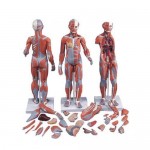
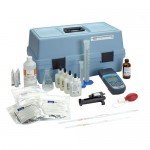
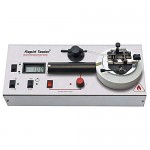
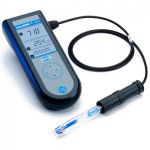
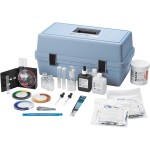
.jpg)




Leave a Comment